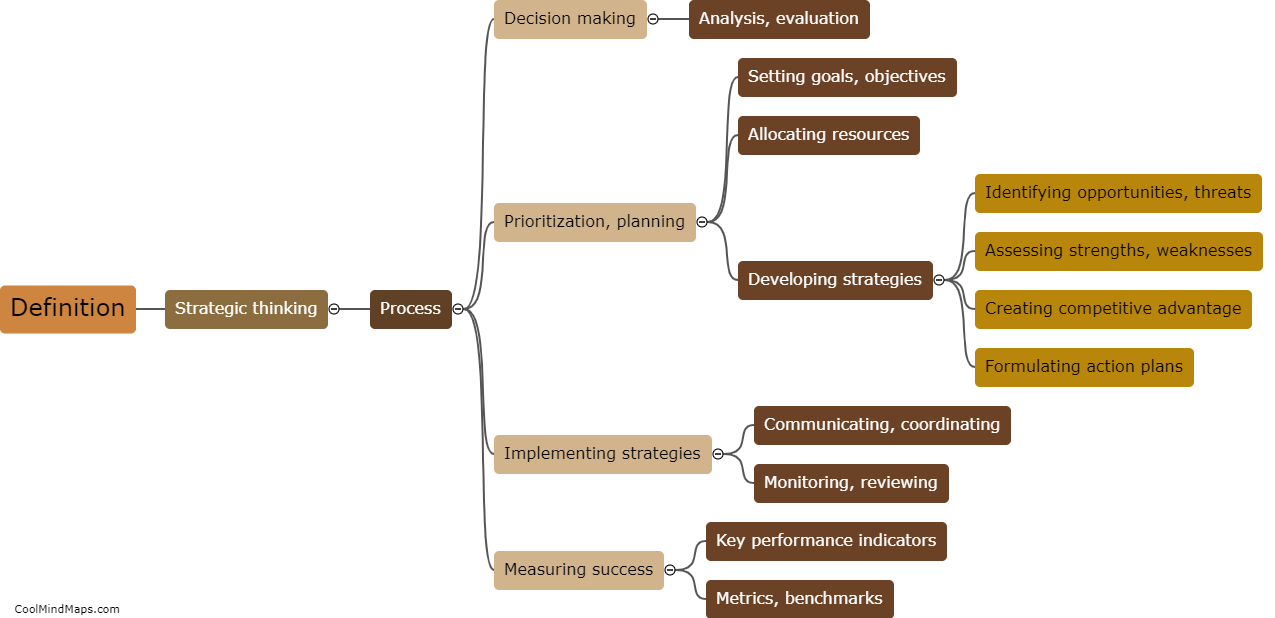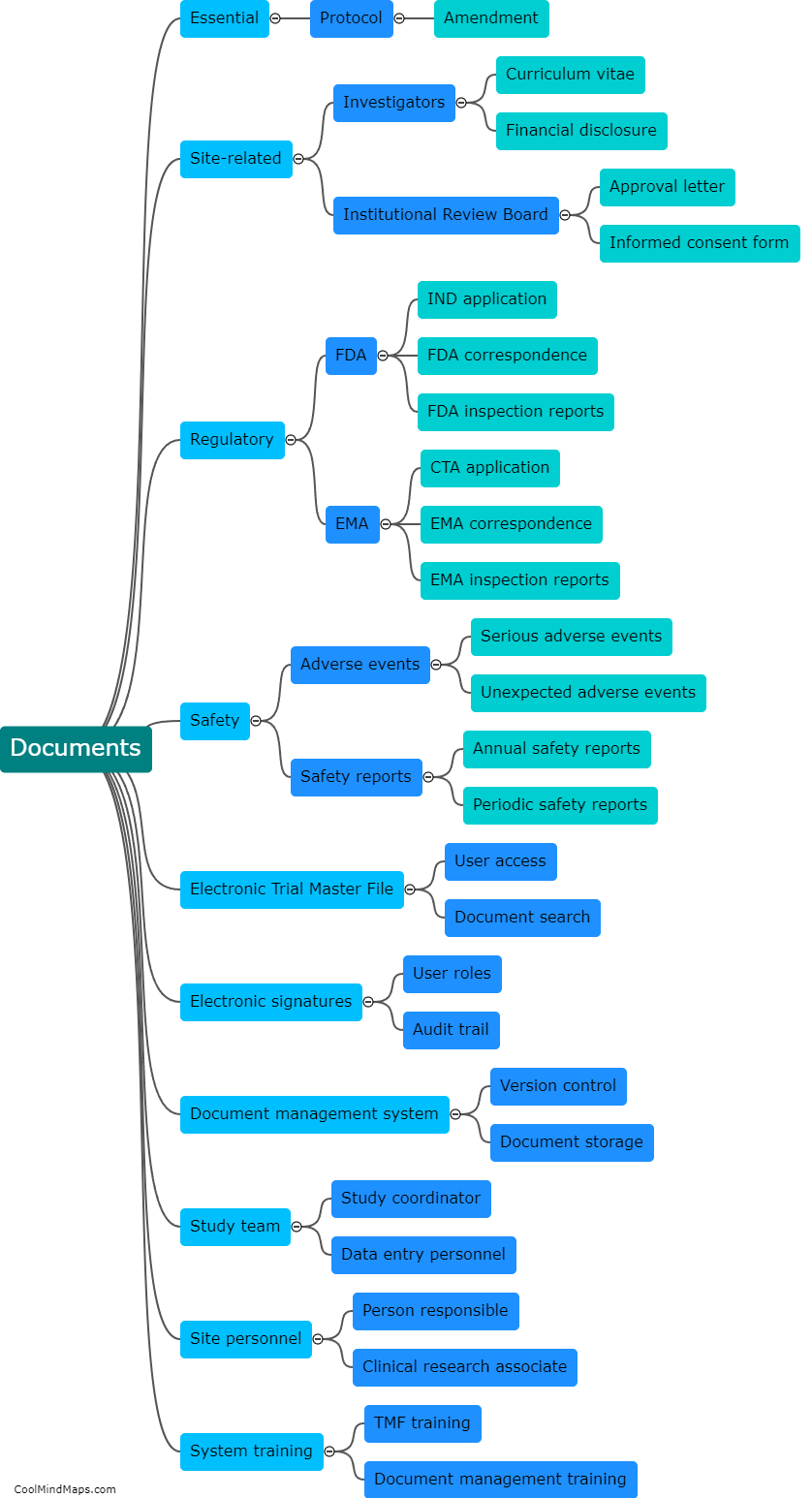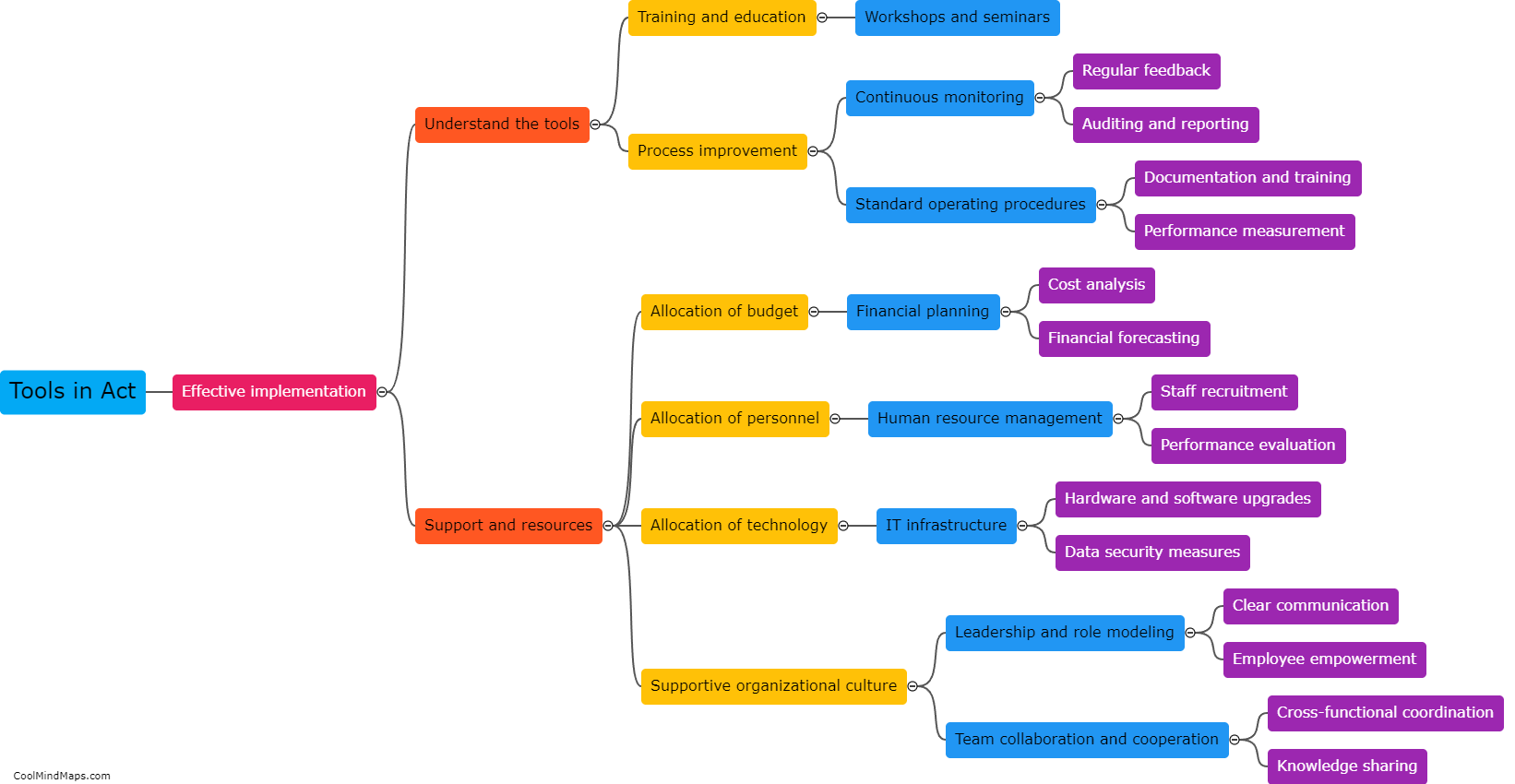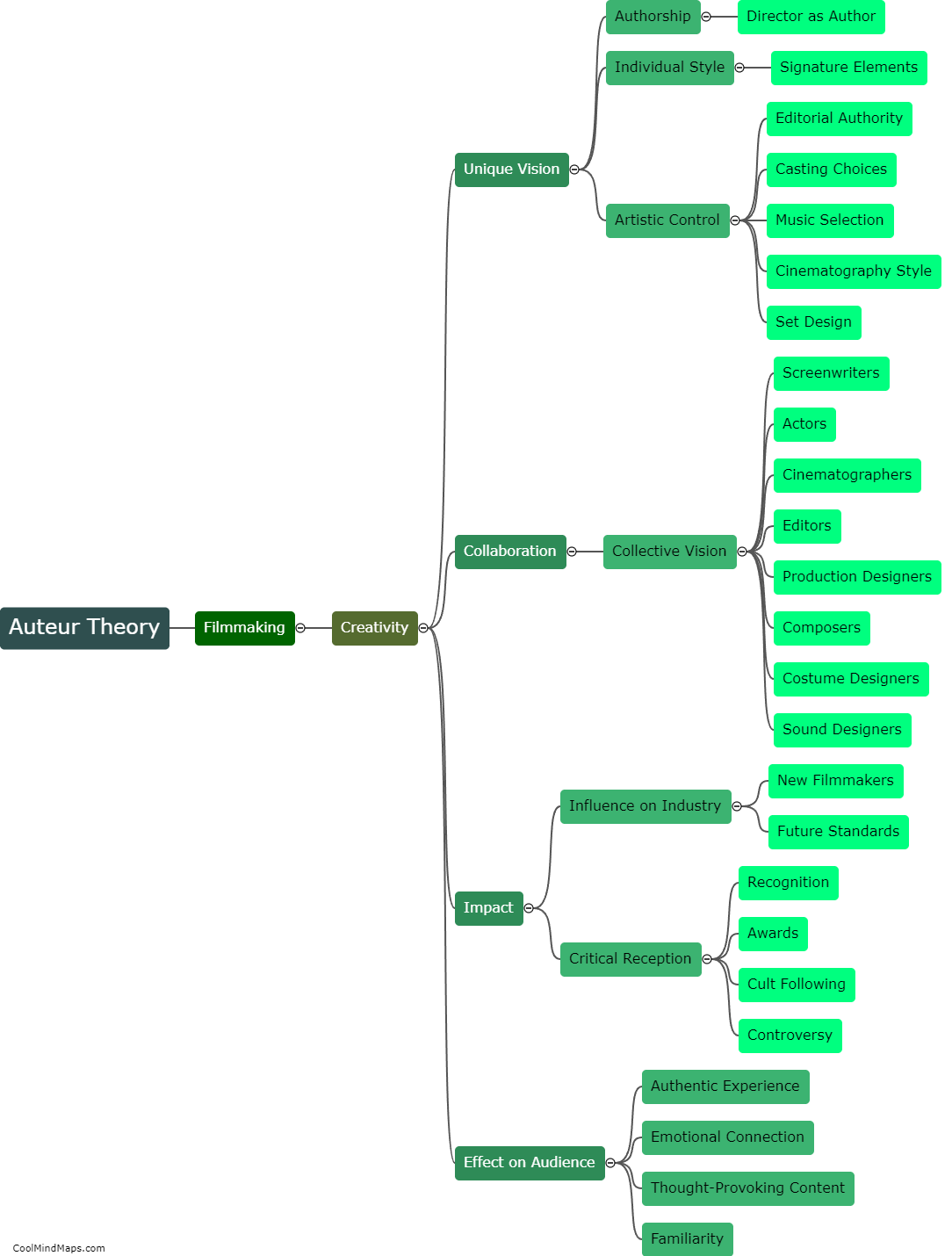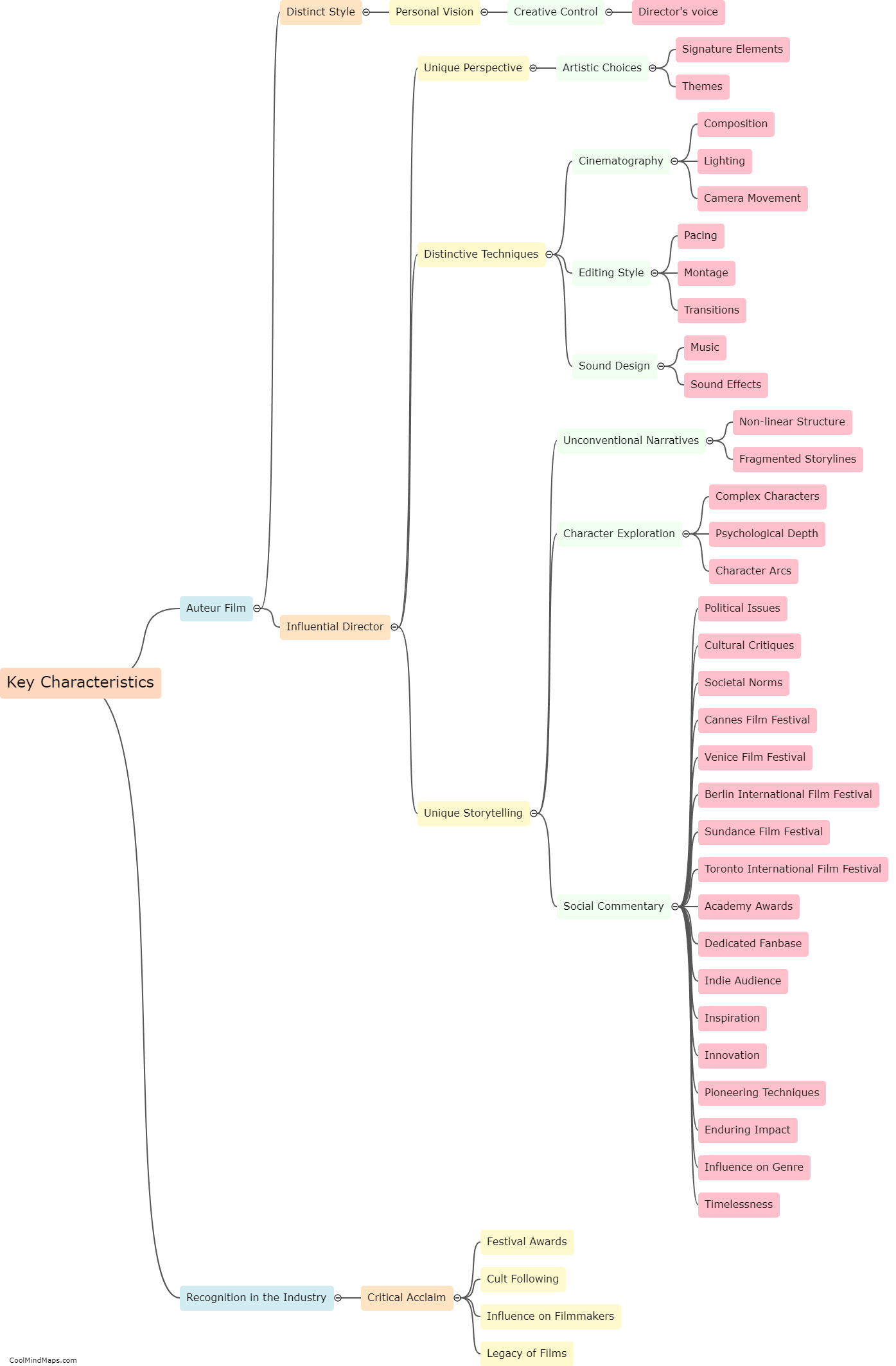How has the notion of the auteur changed over time?
The notion of the auteur has evolved significantly over time. Initially, the term "auteur" was coined by French film critics in the 1950s to describe filmmakers who demonstrated a unique and distinct artistic vision that permeated all aspects of their work. These directors, such as Alfred Hitchcock and Jean Renoir, were seen as the sole creative force behind their films, and their authorship was highly valued. However, as filmmaking has become increasingly collaborative, with larger production teams and the rise of genres and studio influence, the concept of the auteur has become more complex. Today, the auteur is seen more as a director who imbues their personal style and thematic concerns into their films, while still working within the constraints of the industry. Additionally, the rise of indie filmmaking and the accessibility of technology has allowed for a wider range of voices to emerge, expanding the definition of the auteur. Ultimately, the notion of the auteur has shifted from a singular artistic force to a more nuanced understanding of directorial influence and authorship in the collaborative medium of film.
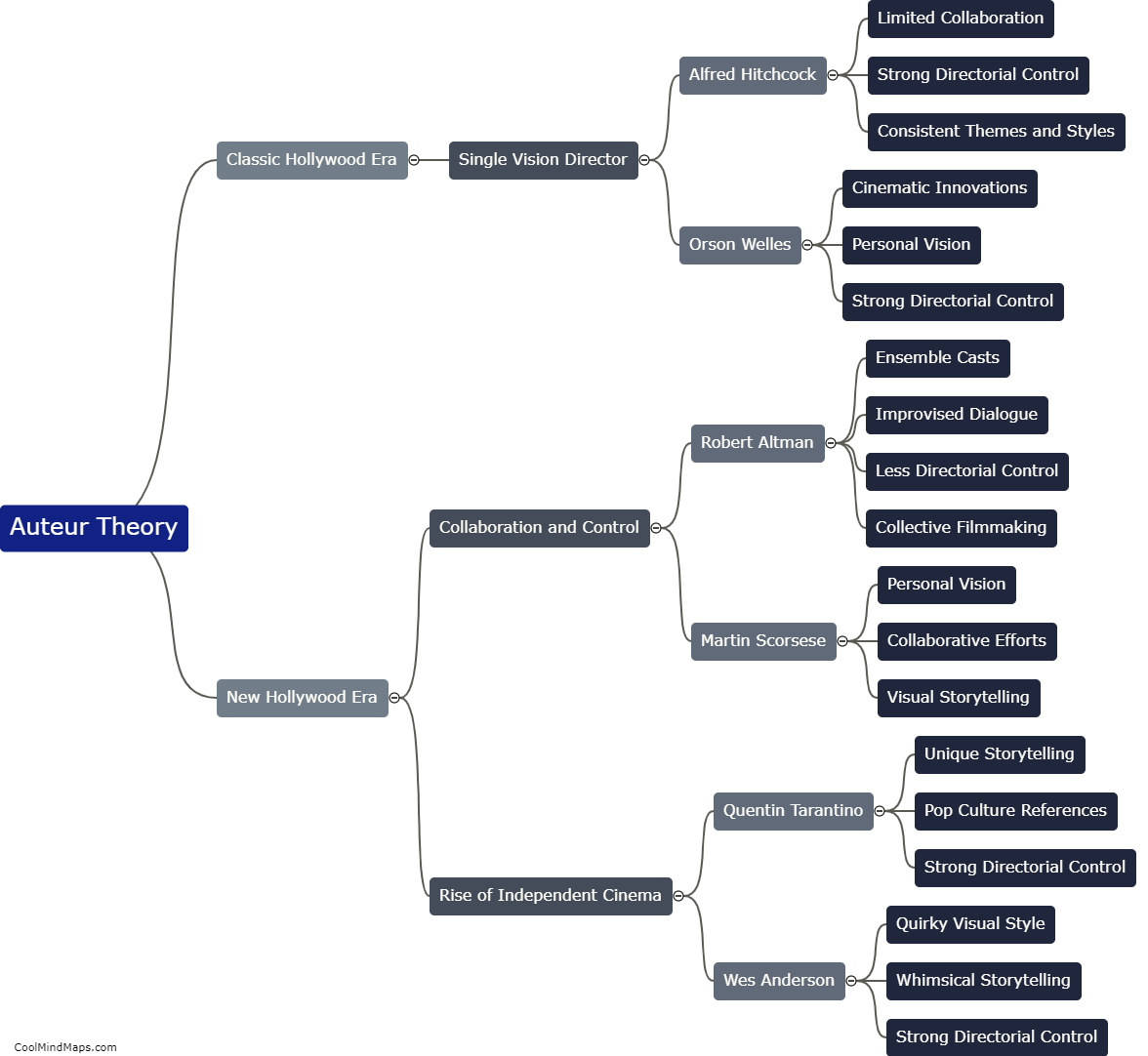
This mind map was published on 4 December 2023 and has been viewed 92 times.
